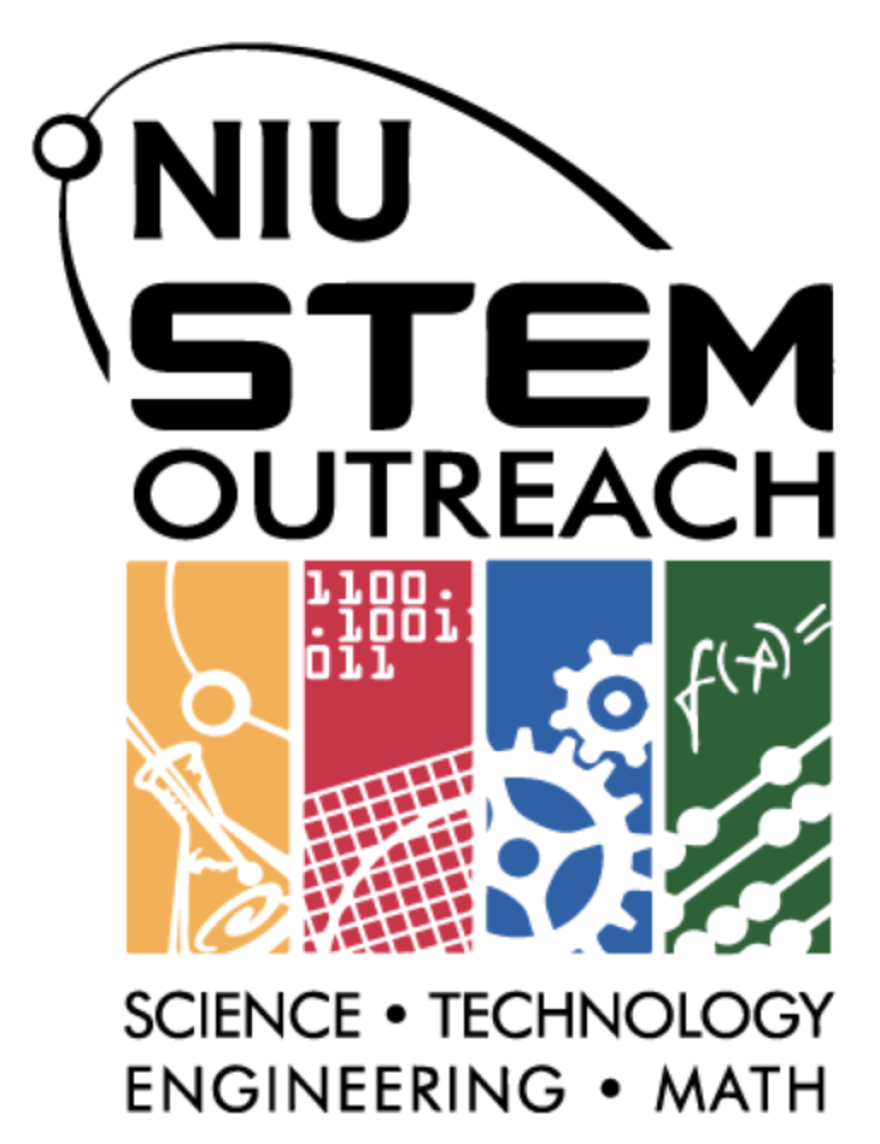Jeremy: Welcome to the Sound of Science on WNIJ. I’m Jeremy.
Kate: And I’m Kate. We’re here from NIU STEAM to answer your questions about anything to do with science, technology, engineering, and math.
K: Today’s question comes from Judy from Chicago.
[How does someone become a scientist?]
J: Kate, before you joined NIU STEAM, weren’t you a researcher in a chemical lab? How did you become a scientist?
K: I think it was similar to how most people become scientists, I started taking different science classes and found that I just wanted to keep learning more and more about chemistry.
J: Neat! But what makes someone a scientist?
K: Scientists are people who ask questions and take steps to find answers. A scientist doesn’t need to be a person wearing a lab coat and thick glasses. Scientists are the men and women finding ways to slow down wildfires.
J: They’re the ones on the space station discovering ways life will be different in zero gravity.
K: They’re programming and coding to work towards artificial intelligence.
J: They’re finding and synthesizing smells and flavors.
K: They’re looking at trends and patterns to help small businesses grow.
J: And they’re people like you. YOU can be a scientist. Just start with your curiosity and go from there.
K: start with a question and figure out a way to find the answer. That’s all it takes!
J: And for parents out there, encourage your kids to find answers without Google. Help them locate experts and create experiments.
K: Even if you don’t think science and research is in your future, asking questions and thinking critically is a skill every person needs! Sam, do you have any ongoing experiments you want to share?
J: Yeah! I’m experimenting with the shape and volume of the pile of coffee grounds I use to brew my favorite drink. So far I’ve learned that putting a crater in the middle makes my coffee taste better, but I don’t know why yet. How about you Kate, what are you curious about?
K: I want to figure out a way for you to stop talking about coffee…
J: Thanks Judy for your question. And for everyone else, keep your questions coming by emailing us at STEM Outreach at NIU.edu.
K: This has been the Sound of Science on WNIJ.
J: Where you learn something new everyday.



